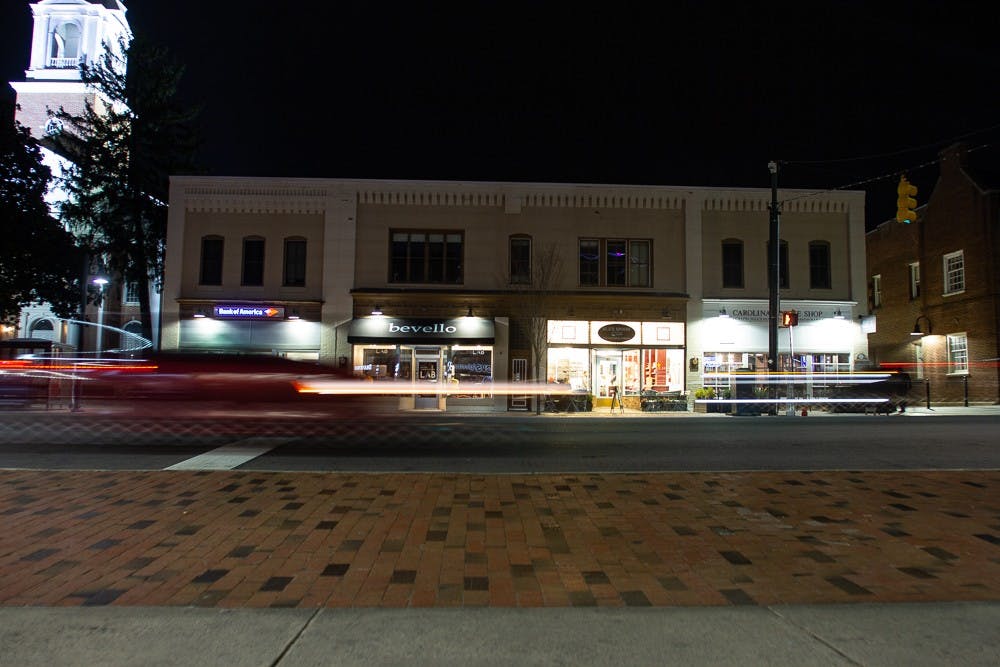Governor Roy Cooper has signed an executive order, effective May 8, that will move North Carolina into Phase 1 of his plan to ease restrictions and reopen the state following the outbreak of COVID-19.
Cooper said the new executive order, which goes into effect this Friday evening, will still include some components of the current stay-at-home order.
Under the new order, restaurants will still be limited to take-out and delivery service, but retail stores will now be able to allow customers to enter up to 50 percent of stated fire capacity. Under the order, certain kinds of businesses, including tattoo parlors, hair salons, gyms and movie theaters, must remain closed.
Cooper said this set of restrictions will allow for a safe start toward economic recovery.
"We can only boost our economy when people have confidence in their safety," Cooper said. "Fighting this virus requires all of us to do our part."
While most gatherings will still be limited to 10 people , the order will permit outdoor gatherings of over 10 people for worshiping or for exercises of first amendment rights, such as protesting.
"We are paying attention to first amendment rights,” Cooper said.
Dr. Mandy Cohen, the secretary for the N.C. Department of Health and Human Services, said the state will move into Phase 1 because of trends indicating the stabilization of four key indicators: hospitalizations, lab-confirmed cases, positive tests as a percentage of total tests and COVID-like syndromic cases.
"We're heading in the right direction," Cohen said. "We're not perfect, but we're leveling."




